
KOMA welcomes new CEO Roy Janssen
We are pleased to announce that Roy Janssen has officially joined KOMA as our new Chief Executive...
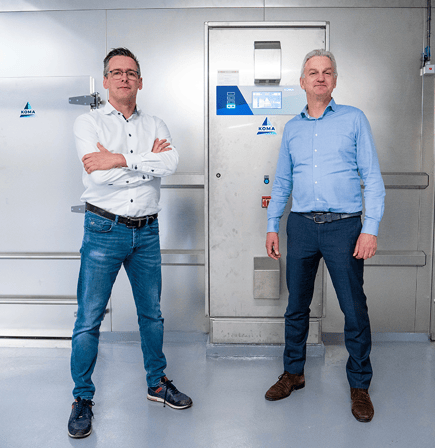
Louis van Gelder
Technical director Amarant Bakeries (The Netherlands)
First of all, natural refrigerants help spare the environment. Using them in your process makes the cooling system much more sustainable and future-proof.
Natural refrigerants use up less energy, and maintenance costs are considerably lower. Natural refrigerants are also lower in price compared to chemical refrigerants.
And last but not least: when your installation and choice of a natural refrigerant match, mandatory inspections are no longer needed, avoiding keeping those time-consuming logbooks.
Koma creates custom made solutions
We adapt our approach to your specific needs to create the best final products.
With 85+ years of experience
in conditioning, we have a lot of inhouse know-how and understanding of the bakery and food processing industry.
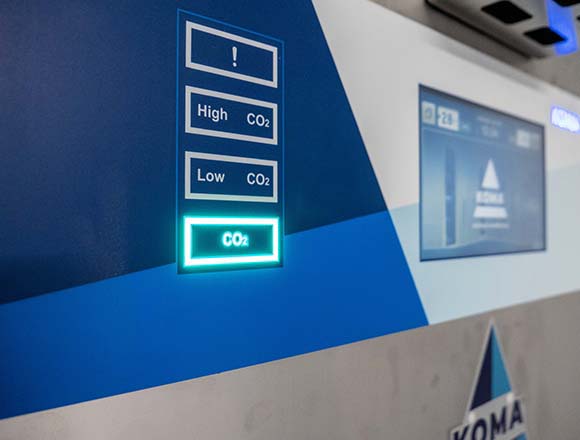

"Following a 2018 visit to two companies that use KOMA systems, including one with CO2 refrigeration, it became clear – relatively quickly – that a CO2 booster system was what was needed."
Berthold Brinkert
Owner M+B Backwaren (Germany)
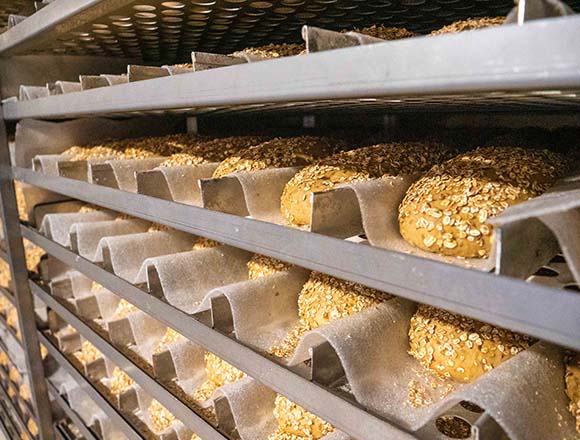
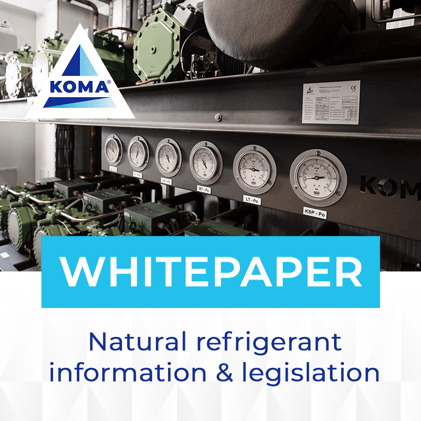
Learn more about CO2 and other natural refrigerants, the upcoming legislation and how it can help you future-proof your production process.
Operational CO2 Central Booster systems worldwide
The European Union requires the food industry to phase out F-gasses by 2030 and switch to natural refrigerants. To what extent is your machinery ready for the near future? What can we do to help you get there?
The GWP (Globel Warming Potential) value indicates the extent to which a refrigerant contributes to the greenhouse effect. In other words: the higher the value, the greater the risk that a refrigerant negatively impacts our climate. Natural refrigerants degrade quickly, therefore the GWP value is 1. For other gases, it depends on the gas and the time frame the refrigerant is applied in the freezing/cooling process. The most commonly used gas R404A, for example, has a GWP value of 3922.
In short, the true question is not whether we need to change our way of working, but when. At KOMA, we strive for a sustainable future by promoting natural refrigerants. With our extensive knowledge of natural refrigerants, we are happy to help you find the solution for a future-proof installation.
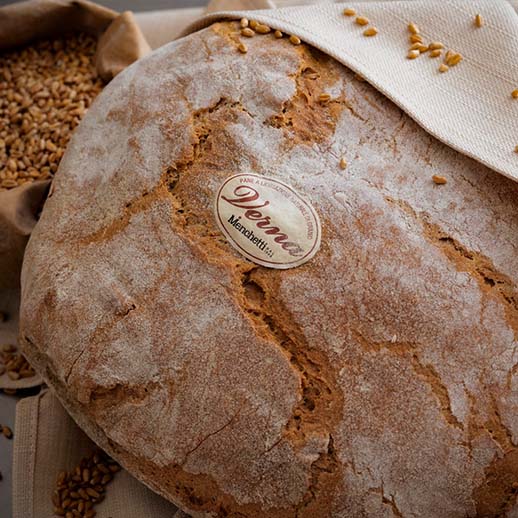
"The choice suggested by KOMA, to build an all-CO2 plant, has certainly increased the initial investment, but we are convinced that in the medium to long term we will have lower energy costs and greater attention to the environment."
Owners Menchetti Panificio (Italy)
Read the storyOur industry specialists regularly share their knowledge on reaching consistent product quality levels, upscaling your production processes and the latest developments in the industry.

We are pleased to announce that Roy Janssen has officially joined KOMA as our new Chief Executive...
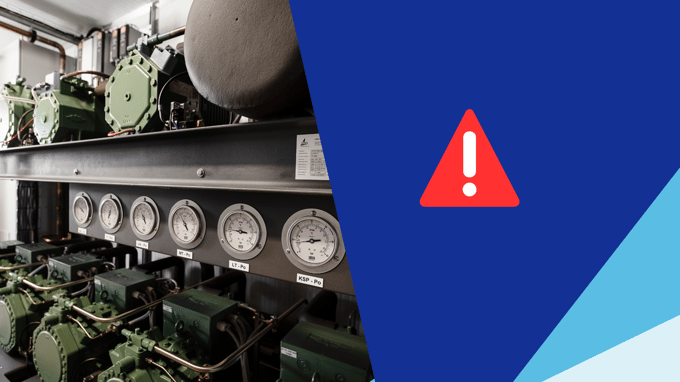
Strickter F-Gas rules: How will they affect your refrigeration and freezing installations? The...

And get personal advice on how to implement natural refrigerants in your bakery or other food production process.